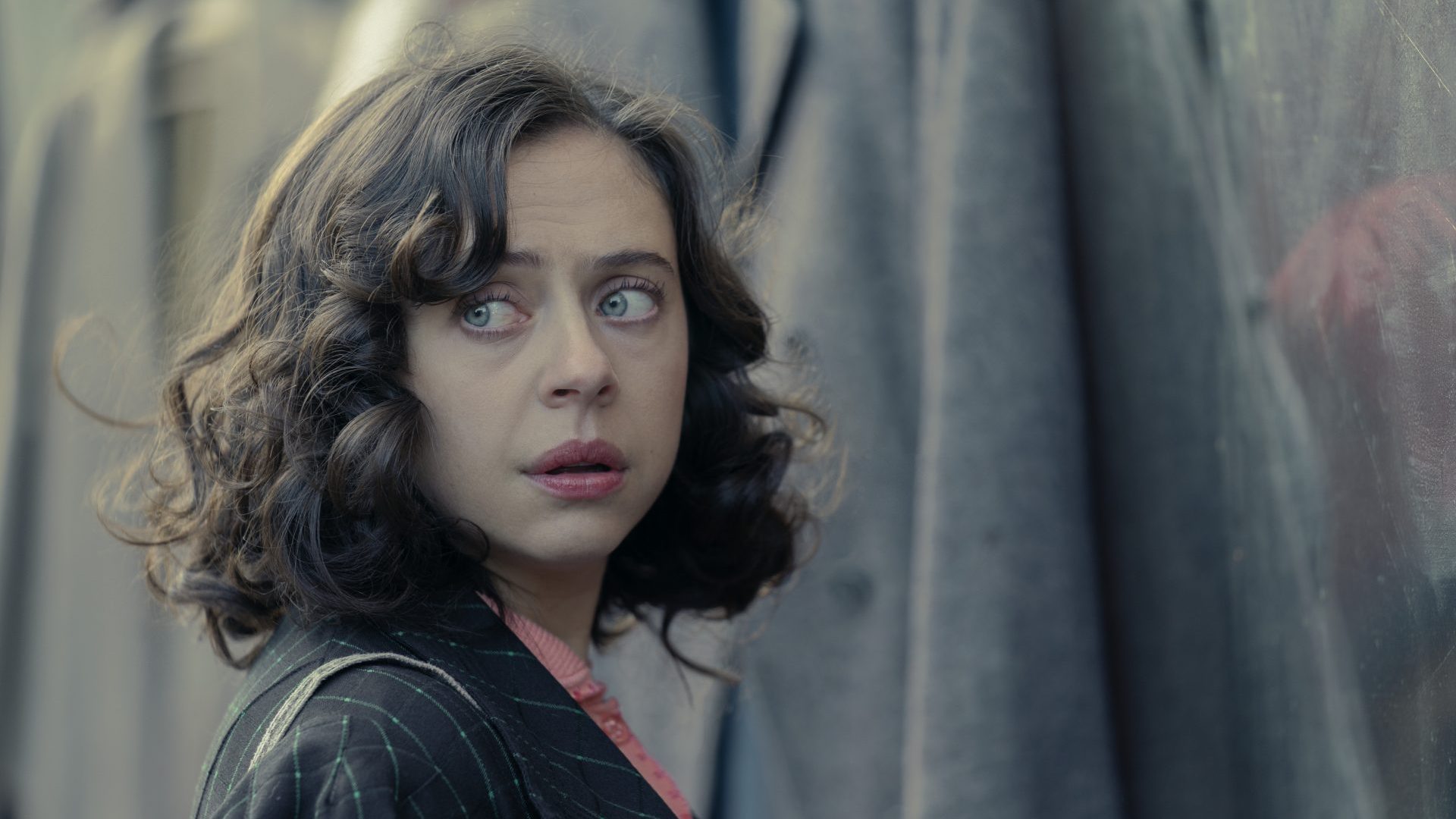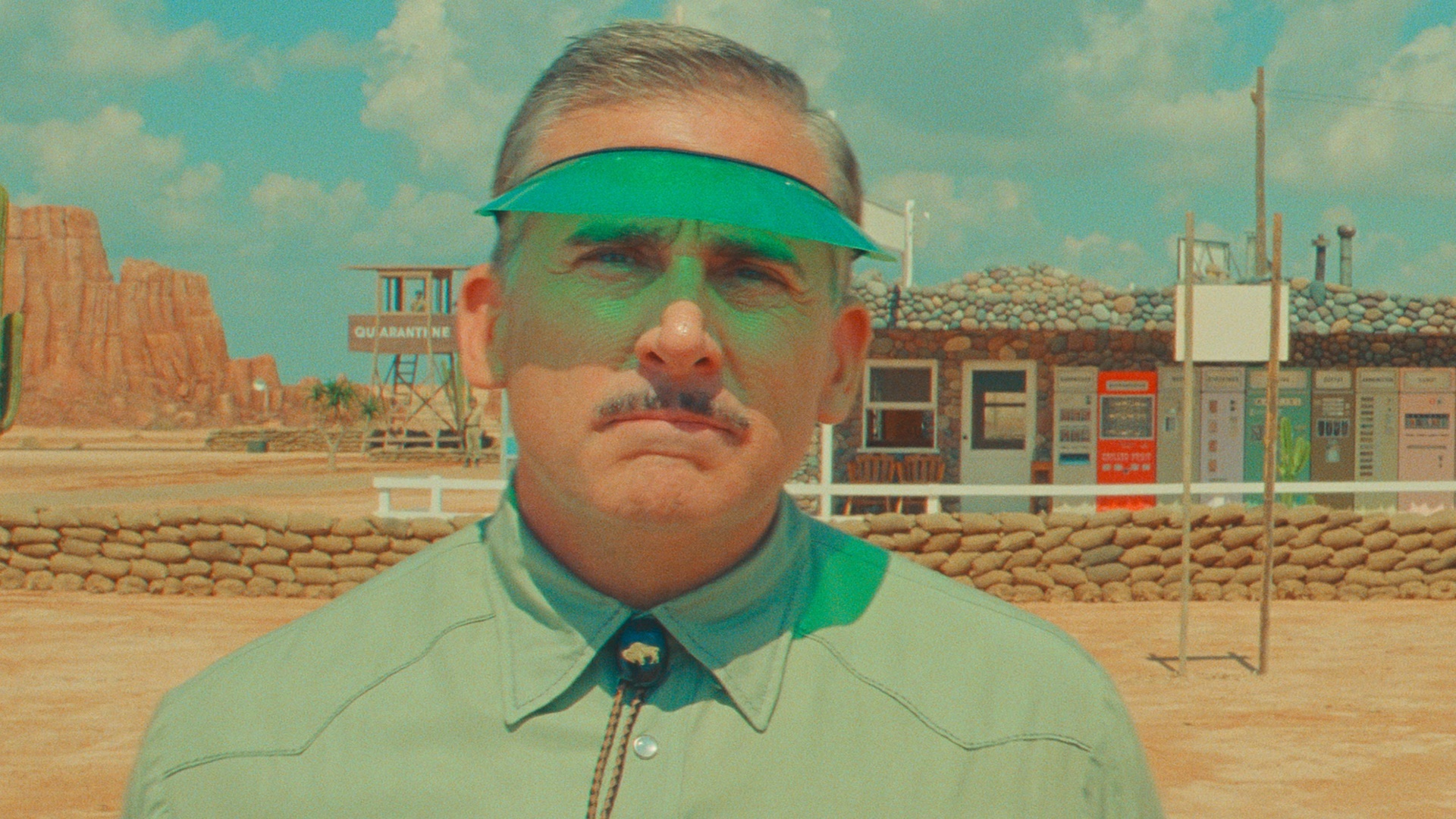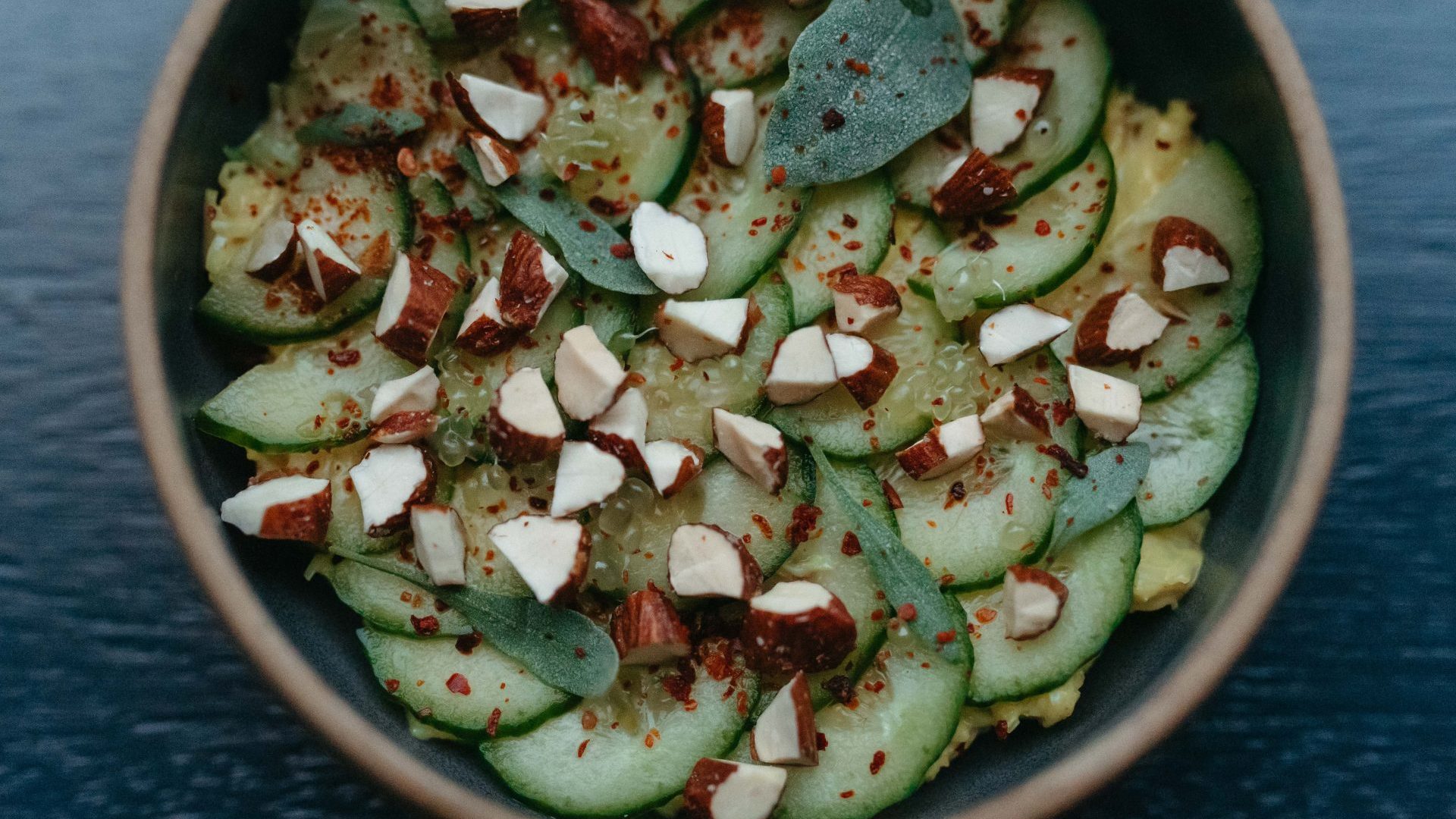Millions know about the life of Anne Frank, but less well-known is Miep Gies. She was the young, carefree Austrian-born secretary who hid the Frank family in her house in Amsterdam, protecting them from the occupying Nazis. Now “A Small Light” tells her story. Each episode of the new eight-part series from Disney+ is as remarkable as the woman who inspired it, retelling one of the most poignant stories of the last century to a new generation. It does so through the eyes of Gies, an ordinary woman who did the extraordinary.
We first meet Gies, who is played by Bel Powey, on an Amsterdam morning. She is bleary-eyed and running late and her abrupt entrance is relatable to the twenty-something watcher. She has overslept, she’s hungover and wearing what appears to be last night’s clothes.
Gies still lived with the Dutch family that had adopted her as a sick child and when she joins the family breakfast table, her adoptive parent’s concern is glaringly obvious. Offering a solution, they suggest she marry her adoptive brother, Cas (Laurie Kynaston). He isn’t a blood relative – but he is gay. “Get your life together,” urges her father and so she does, only not in the way they anticipate. As no job can be worse than marriage, she secures herself an interview at a company named Opekta, to work as a secretary for a man called Otto Frank.
Otto (Liev Schreiber) had brought his family from Germany to Amsterdam, fleeing Hitler’s rise. Schreiber plays the part beautifully and the scene in which Gies breaks down his defensive exterior with her ability to speak German is brilliantly done.
Nearly a decade later, Otto’s worst fears are realised when the Nazis march into Amsterdam and begin rounding up Jews. He asks Gies the unthinkable – whether she can help him and his family to hide. For the next two years she and her husband, Jan (Joe Cole, of Peaky Blinders fame), outwit the Nazis, hiding Otto, his wife Edith, and daughters Margot and Anne in the secret annexe above the Opekta offices. Gies also hid Otto’s business partner, Hermann Van Pels, his wife and son, Peter, and later her Jewish dentist, Dr Pfeffer, after he made a passionate case.
The series switches between 1934 and 1946 and Gies negotiates both the mundane and the deadly serious – from flirting with the butcher to get a slightly larger chicken in a city facing food rationing, to heated outbursts with her best friend (Eleanor Tomlinson) who simply wants to “stay out of politics”.
The series itself gets its name from one of the real-life Gies’s remarks. Until she passed away in 2010 at the age of 100, she spent her life spreading Anne’s message of hope to people around the world. She would often end her talks by saying: “Even an ordinary secretary or a housewife or a teenager can turn on a small light in a dark room”.
A Small Light struck a personal chord with me, as Gies’s courage made me think of my great-grandmother. In 1938, sensing what was on the horizon, she fled Germany for Britain with her five children. Yet, as travelling in a group of six was too conspicuous, she travelled back and forth five times, on each occasion with a different child. My grandmother, Suzanne, was one of them.
Meanwhile, my great-grandfather remained in Germany, refusing to print Nazi propaganda in the newspaper where he worked. When Gies escorted a terrified Margot across the Nazi checkpoint to the hiding spot for the first time or when she hushed 15-year-old Anne’s raucous tones in the annexe, my mind flickered back to my great-grandmother. Like Gies, she must’ve been petrified and, also like Gies, she would’ve kept this fear from the children.
After the war, together with Otto, Gies played a vital role in the publication of Anne’s diary, which she wrote in the secret annexe. Today, over 30 million copies of The Diary of a Young Girl have been sold, published in 70 different languages. When I was 11, my grandmother told me her own version.
One year, we were all presented with bound manuscripts, detailing her memories of leaving Germany, arriving in Britain and the life she lived after, battling between her two identities. It’s a struggle we all witnessed as our German roots were kept alive. The rumtopf in the kitchen housed sweets for the grandchildren, my great-grandparents were always referred to as Oma and Opa and then there was the festive season. Each year, Christmas Eve brought a feast of frankfurters, sauerkraut and chicken drumsticks (not especially a Germanic tradition, but were my grandmother’s favourite), all washed down with saucepans of gluhwein.
After she passed away last summer, we discovered a piece of her none of us knew about. Tucked away in her writing bureau was a stack of papers and notebooks, including a second, shorter diary she’d kept during the pandemic’s multiple lockdowns. One recording detailed how, to this day, she often found herself dreaming in German.
When A Small Light’s final credits rolled onto the screen, I made a mental note to re-read my late grandmother’s manuscript. The mission with her memoir was different from that of Otto’s with Anne’s, with strict instructions that it was for the family’s eyes only. Her words will not reach 30 million, but my future children and grandchildren will be given my copy. Like Anne, our matriarch is gone. But their stories are with us still, reaching far out into the future.
All episodes of A Small Light are available now on Disney+




